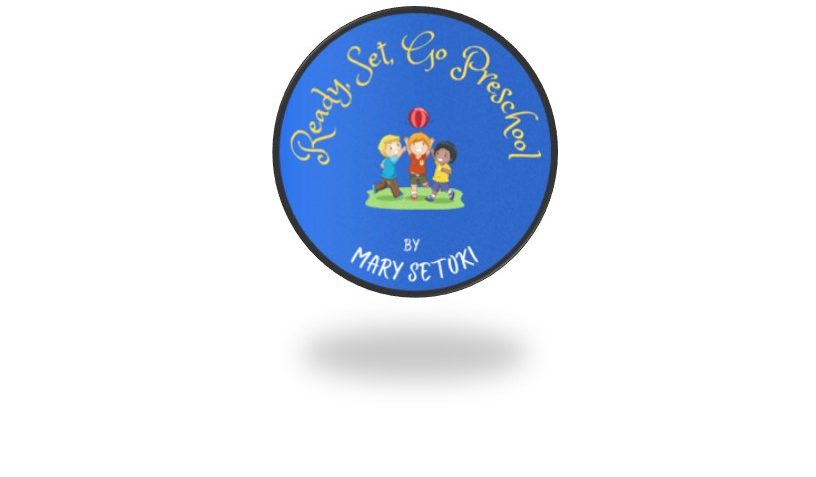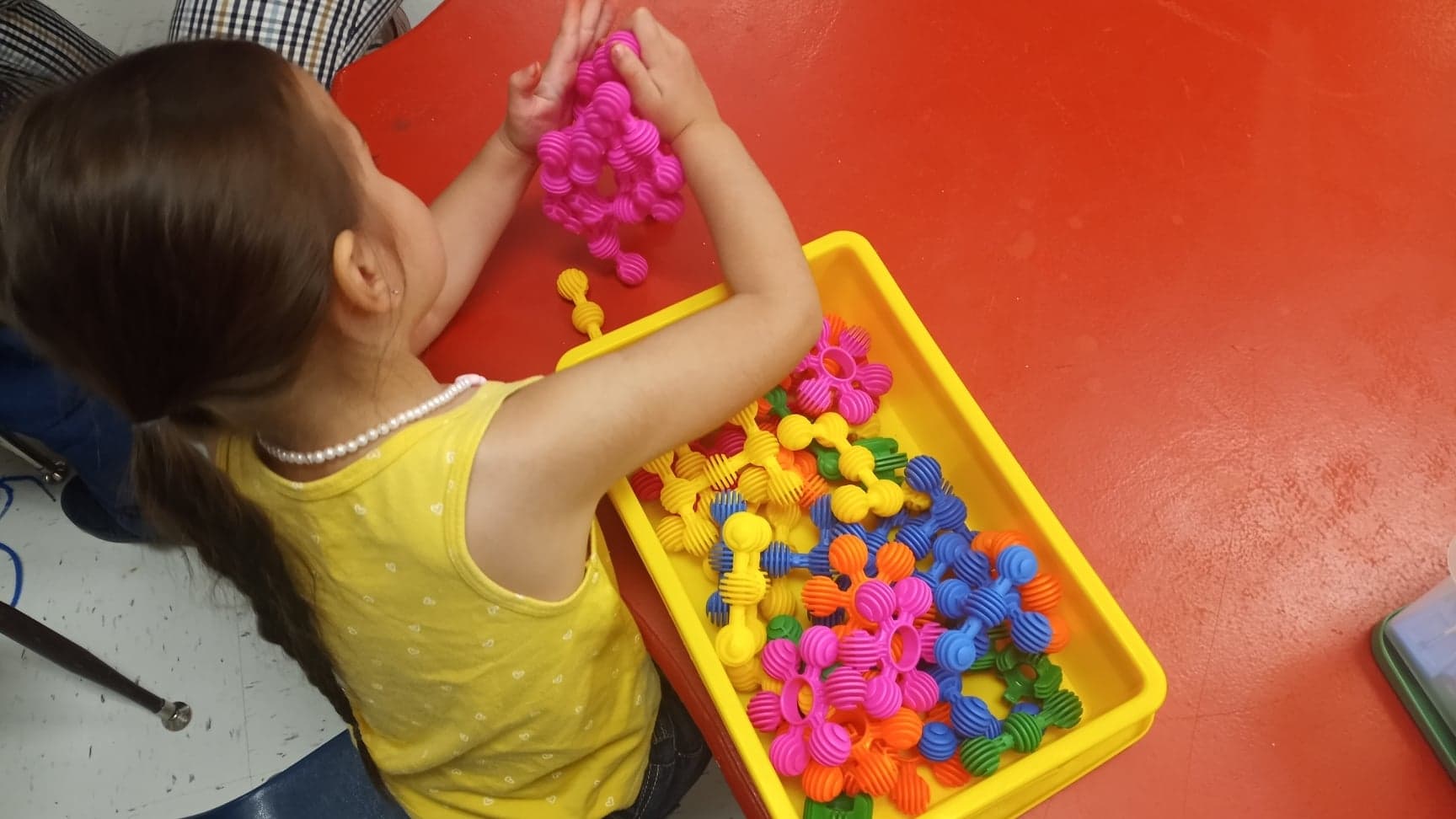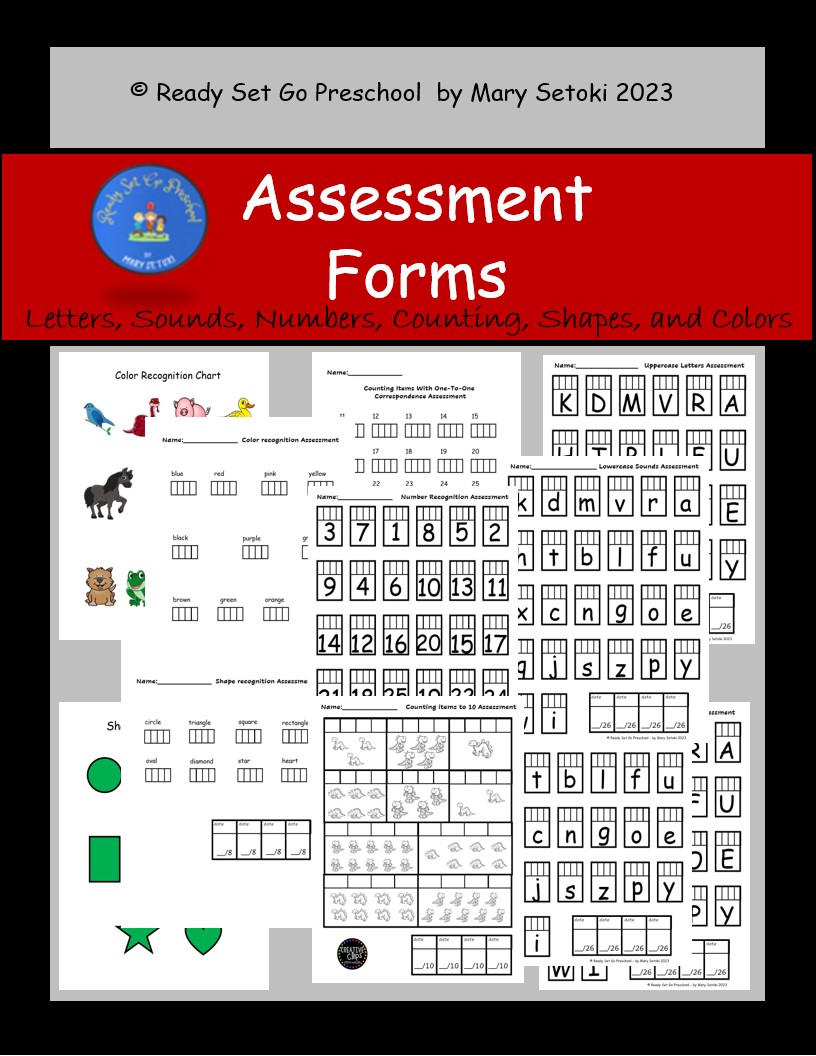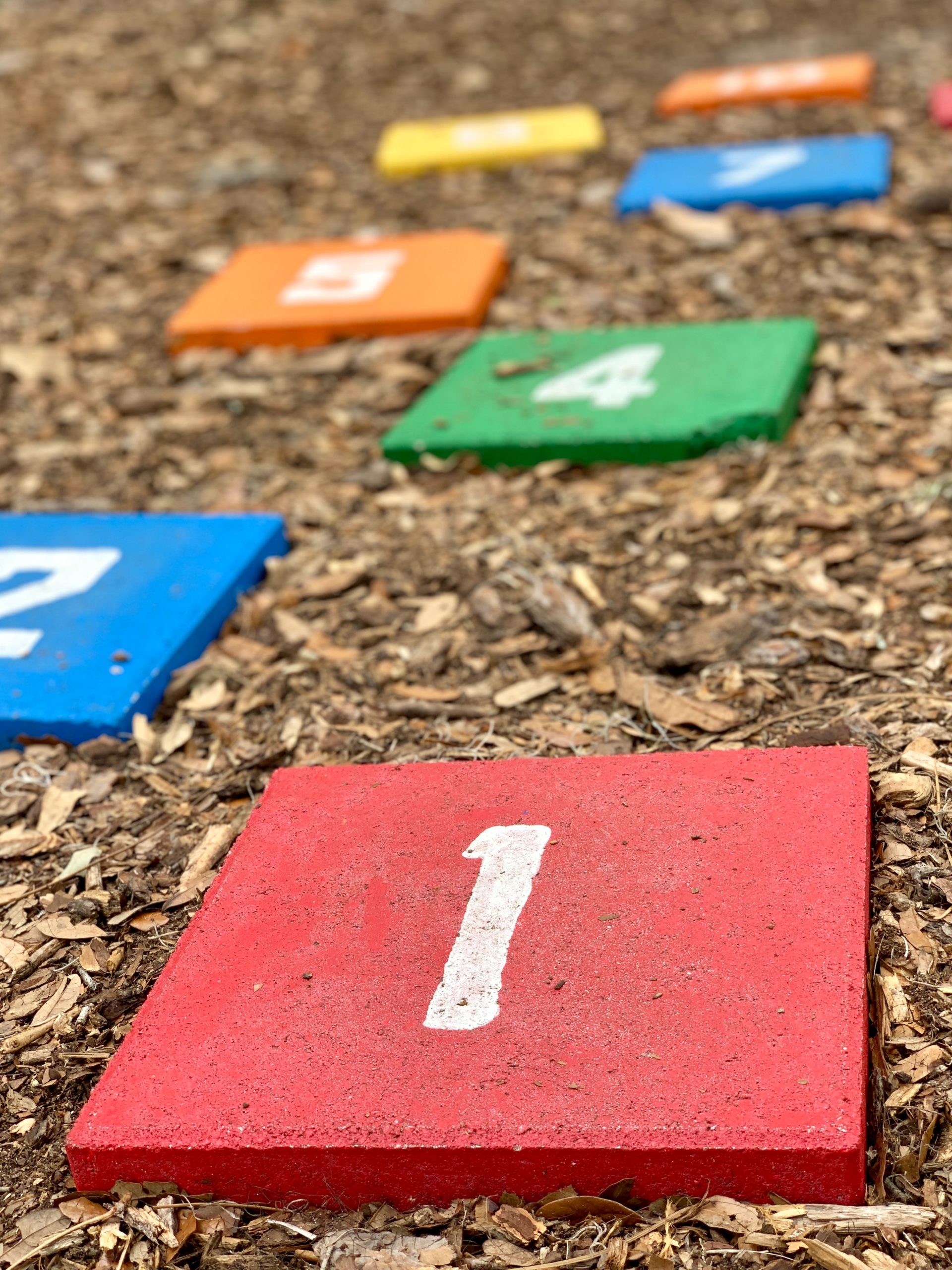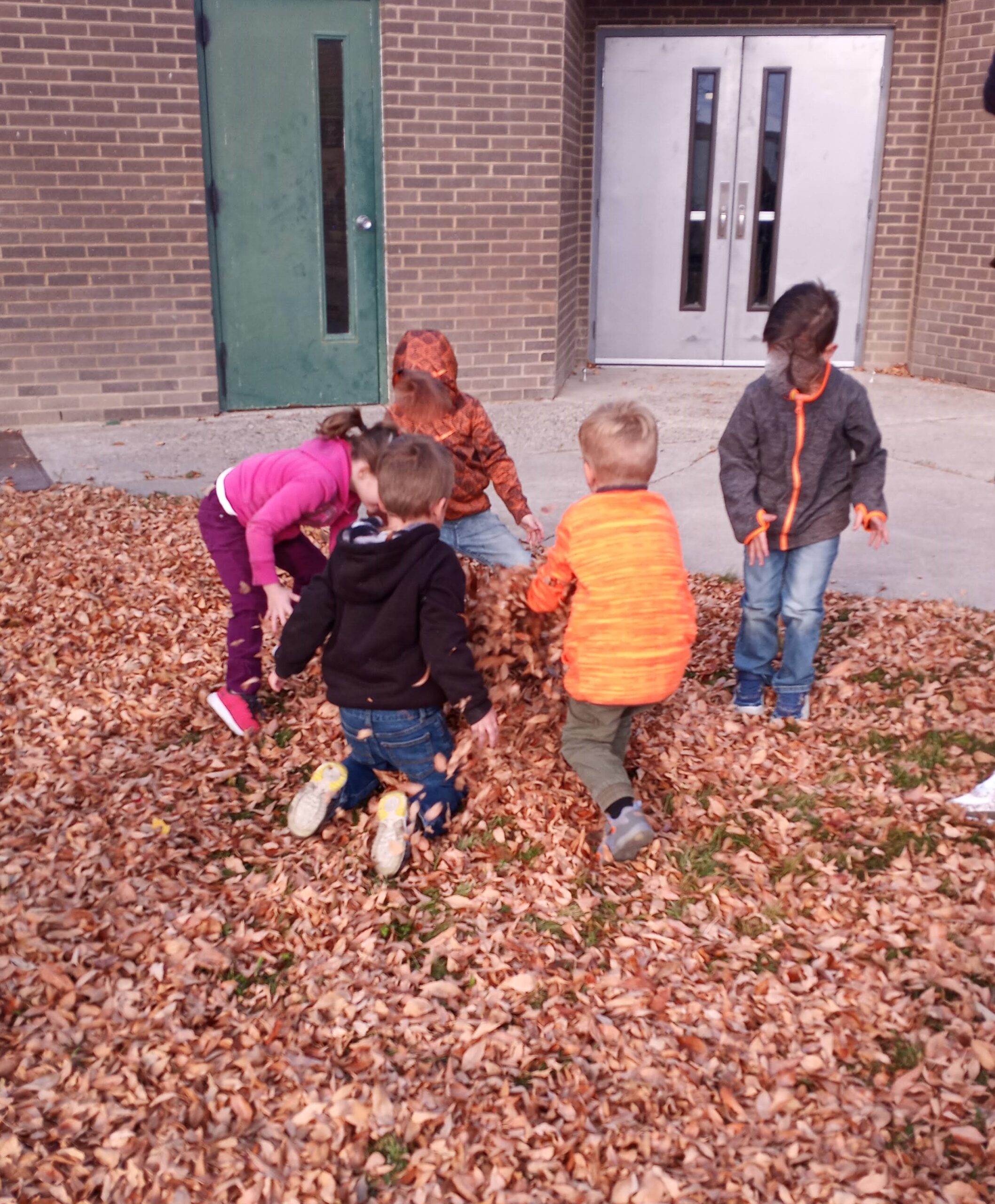Preschool goals and why they matter is a hot topic whether you are a parent, guardian, or teacher. As parents and educators, we all want the best for our little ones as they embark on their educational journey. Preschool activities play a crucial role in our children’s overall development, as it lays the foundation for future academic success. In this article, we will explore the importance of setting goals for preschoolers, what these goals may look like, and how we can support and encourage their achievement. I hope this article will provide valuable insights and practical tips as you prepare your preschool lesson plans. Keep in mind that creating a nurturing and goal-oriented environment for our youngest learners should be our top priority. Let’s dive in!
Setting Preschool Goals: Why They Matter
Preschool is a critical time for a child’s development. It is a period when they begin to explore the world around them, form meaningful relationships, and acquire the foundational skills that will shape their future. One highly effective way to support and guide children during this phase is by setting preschool goals.
The primary purpose of setting preschool goals is to provide children with a sense of direction and purpose. Goals provide a framework for their learning journey and help cultivate a growth mindset from a young age. By helping children set and achieve goals in preschool, we foster essential qualities such as perseverance, self-discipline, and a sense of accomplishment.
Preschool Goals and Self-Esteem
One of the most immediate benefits of setting goals in preschool is the enhancement of a child’s self-esteem. When children recognize and achieve their goals, they develop a sense of pride and confidence in their abilities. This boost in self-esteem helps lay the foundation for a positive self-image, which will continue to influence their attitude and approach toward future challenges.

Early Literacy and Numeracy Skills
Another crucial aspect of setting preschool goals is that it promotes early literacy and numeracy skills. By encouraging children to identify and work towards achievable goals, educators and parents can incorporate early learning concepts in a fun and engaging manner. For instance, a goal could be to recognize and write a certain number of letters or numbers each week. This approach provides children with a tangible purpose for their learning, making it more meaningful and enjoyable.
Preschool Goals and Social-Emotional Development
Setting goals in preschool can also foster social-emotional development. Preschoolers can learn to set goals related to developing social skills, such as taking turns, sharing toys, or expressing their emotions effectively. By focusing on these goals, children gradually develop important interpersonal skills, empathy, and emotional intelligence, which contribute to building healthy relationships with their peers and caregivers.

Life Skills
Furthermore, setting goals in preschool teaches children valuable life skills such as time management, organization, and problem-solving. When preschoolers set goals, they learn to prioritize tasks and allocate their time effectively. This ability to plan and manage their time will prove beneficial in later years, laying a solid foundation for academic success.
Although setting preschool goals may seem unconventional at first, it is an incredibly powerful tool for supporting a child’s development. By introducing age-appropriate and achievable goals, children are inspired and motivated to reach their full potential. These goals not only provide a sense of direction and purpose but also foster self-esteem, enhance early literacy and numeracy skills, promote social and emotional development, and instill valuable life skills. So, let’s embrace the idea of setting goals in preschool and create an environment that encourages our children to be successful, confident, and well-rounded individuals.
Age-Appropriate Developmental Goals For Preschoolers
Preschool is an exciting time in a child’s life. It is a period of rapid growth and development, filled with wonder, curiosity, and new experiences. During this crucial stage, it is important for parents and educators to understand and support age-appropriate developmental goals for preschoolers. These goals serve as a foundation for future learning and personal growth, allowing children to develop the necessary skills and abilities to thrive academically, socially, and emotionally.
Cognitive Development:
Preschoolers are eager learners, constantly exploring and discovering the world around them. Their cognitive development is rapidly advancing, and they are beginning to develop critical thinking skills, memory retention, and problem-solving abilities. Age-appropriate developmental goals for preschoolers in terms of cognitive development include:
– Recognizing and naming colors, shapes, numbers, and letters.
– Understanding basic concepts such as size, time, and spatial relationships.
– Engaging in imaginative play and storytelling, using their creativity and imagination.
– Developing logical thinking skills through puzzles, matching games, and sorting activities.
– Improving fine motor skills through activities such as cutting, drawing, and writing.
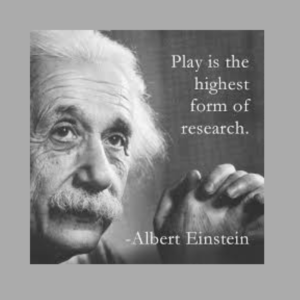
Language and Literacy Development:
Language development is a key component of a preschooler’s growth. During this stage, children start to communicate with increasing clarity, expanding their vocabulary and developing early reading and writing skills. Age-appropriate developmental goals for preschoolers in terms of language and literacy development may include:
– Demonstrating an understanding of basic grammar, including sentence structure and word order.
– Building a vocabulary of words, including nouns, verbs, and adjectives.
– Expressing thoughts, feelings, and ideas through words and sentences.
– Enjoying and engaging in storytelling and listening to age-appropriate literature.
– Developing phonological awareness through rhyming, identifying sounds, and recognizing the alphabet.

Social and Emotional Development:
Preschoolers are learning how to interact and communicate with others, building relationships, and developing a sense of empathy. They are also beginning to understand and express their own emotions. Age-appropriate developmental goals for preschoolers in terms of social and emotional development include:
– Learning to share, take turns, and cooperate with peers during play.
– Recognizing and expressing basic emotions, such as happiness, sadness, anger, and fear.
– Developing empathy and understanding the feelings of others.
– Following simple rules and routines in a classroom setting.
– Developing self-regulation skills to manage emotions and behavior.

Physical Development:
Preschoolers are constantly on the move, developing gross and fine motor skills necessary for everyday activities and future physical development. Age-appropriate developmental goals for preschoolers in terms of physical development include:
– Developing gross motor skills through activities such as running, jumping, climbing, and balancing.
– Strengthening fine motor skills through activities such as drawing, cutting, and using small manipulatives.
– Developing hand-eye coordination through ball games, puzzles, and building blocks.
– Practicing self-help skills such as dressing, eating, and personal hygiene.
Overall, these age-appropriate developmental goals for preschoolers provide a framework for parents and educators to understand the milestones and abilities that children typically achieve during this stage. While every child is unique and may develop at their own pace, these goals can serve as a guide to support children’s growth, nurture their potential, and help them thrive in their preschool years and beyond.
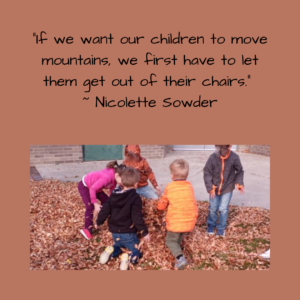
Strategies For Setting And Achieving Preschool Goals
Preschool is a crucial time in a child’s development, where they begin to learn foundational skills and establish a love for learning. Setting and achieving goals during this stage can help children develop important life skills such as perseverance, problem-solving, and self-motivation. As parents and educators, it’s our responsibility to guide children in setting achievable goals and providing strategies to help them succeed. In this section, we will explore effective strategies for setting and achieving preschool goals.
1. Start with realistic and age-appropriate preschool goals:
It’s important to set goals that are attainable for preschoolers. Consider their age, developmental stage, and abilities when setting goals. For example, if a child is struggling with recognizing letters, a realistic goal could be to learn one letter each week.
2. Make preschool goals tangible:
Preschoolers often respond better to visual cues and tangible rewards. Creating a progress chart, using stickers, or having a tangible reward system can motivate children to work towards their goals. This could be as simple as a star chart, where children earn a star for each goal achieved.

3. Break preschool goals into smaller steps:
Large goals can be overwhelming for young children. Breaking them down into smaller, more manageable steps can make them more achievable. For example, if the goal is to improve fine motor skills, start with simple activities such as coloring within the lines before progressing to more complex tasks like threading beads.
4. Provide guidance and support:
Preschoolers thrive on encouragement and guidance from parents and educators. Offer clear instructions and demonstrate skills whenever possible. Reinforce positive behavior and celebrate small victories to keep them motivated. Knowing they have someone to lean on during challenging times can greatly increase their chances of achieving their goals.
5. Incorporate fun and play:
Learning through play is essential at the preschool level. Find creative ways to integrate goals into fun activities and games. For instance, if the goal is to improve counting skills, incorporate counting games into everyday activities like counting toys or snacks.
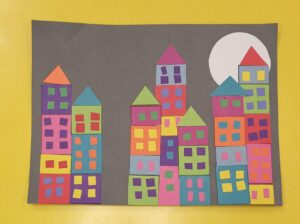
6. Foster independence:
Encouraging preschoolers to take ownership of their goals fosters independence and self-motivation. Allow them to choose their goals within reasonable limits and give them opportunities to make decisions regarding how they will achieve them. This sense of ownership creates a sense of pride and responsibility, motivating them to work towards their goals.
7. Regularly assess and adjust preschool goals:
Preschoolers’ interests and abilities evolve rapidly. Regularly assess and adjust goals as needed. If a child achieves a goal sooner than expected, challenge them with a more advanced goal. Conversely, if they are struggling with a goal, consider adjusting it to make it more achievable.
8. Involve parents and caregivers:
Collaboration between parents, caregivers, and educators is vital for setting and achieving preschool goals. Communicate regularly with parents, sharing progress, and discussing strategies that can be implemented at home. This ensures consistency and support across different environments, reinforcing the child’s goal-setting efforts.
Setting and achieving preschool goals helps children develop important skills, foster a growth mindset, and build self-confidence. By implementing these strategies, we can provide preschoolers with the tools and support they need to succeed, setting a strong foundation for lifelong learning.

Monitoring Progress And Celebrating Success: Tracking Preschooler’s Achievements
As parents and educators, monitoring preschooler’s progress and celebrating their achievements is an essential part of helping them develop and grow. By tracking their accomplishments, we can gain a better understanding of their skills and abilities, while creating a positive and supportive learning environment. Here are some effective strategies to monitor and celebrate your preschooler’s achievements.
1. Set Clear and Age-Appropriate Preschool Goals:
The first step in monitoring progress is to establish clear and realistic goals. These goals should be tailored to your child’s age, abilities, and interests. For example, if your child is learning to count, you can set a goal for them to recognize and count numbers up to 10. Clear and concise goals provide a benchmark to measure progress against.
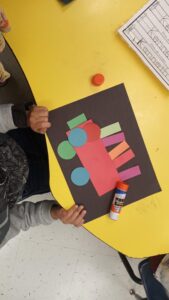
2. Document and Collect Evidence:
Keep a record or portfolio of your preschooler’s achievements. This could be a simple file or a digital collection of photos, artwork, videos, and written work. By documenting their progress, you have tangible evidence to track their achievements over time. This also helps you notice patterns or areas where your child may need additional support or challenges.
3. Use Observation and Assessment Techniques:
Regular observation and assessments are valuable tools to understand a child’s progress. As a parent or educator, pay close attention to your preschooler’s behavior, communication skills, social interactions, and academic milestones. Engage in informal conversations, ask open-ended questions, and observe their playtime to gain insight into their development.
4. Keep Communication Channels Open:
Effective communication between parents, educators, and caregivers is key to monitoring a preschooler’s progress. Regularly discuss your child’s achievements, struggles, and goals with their teachers and caregivers. Share your observations, ask for feedback, and collaborate on strategies to support their growth. By keeping the lines of communication open, you can work together to address any concerns and celebrate successes.
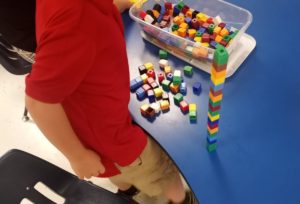
5. Provide Regular Feedback and Encouragement:
Offering feedback is crucial for a preschooler’s development. Encourage your child’s efforts and provide specific feedback on their achievements. Celebrate their accomplishments, no matter how small, and praise their hard work and perseverance. This positive reinforcement motivates them to continue learning and trying new things.
6. Plan Celebrations and Milestone Markers:
Celebrate your preschooler’s achievements with them! Use special milestones as opportunities to honor their progress. Whether it’s crossing a certain reading level, successfully completing a challenging puzzle, or mastering a new skill, plan small celebrations that emphasize their accomplishments. Simple gestures like giving them a sticker, displaying their artwork on the fridge, or organizing a family outing can go a long way in boosting their confidence and self-esteem.
7. Recognize Individual Learning Styles:
Each child has a unique learning style and pace. While it’s essential to monitor their achievements, it’s equally important to recognize and respect their individuality. Some children may excel in certain areas while struggling in others. Tailor learning experiences to their strengths and provide extra support and encouragement in areas where they may need more help.
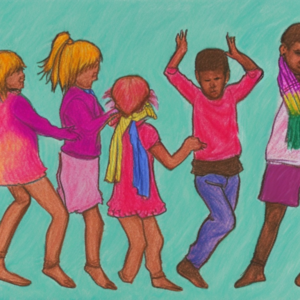
In conclusion, monitoring progress and celebrating success is crucial for preschoolers. By setting clear goals, collecting evidence, using observation and assessments, keeping communication channels open, providing regular feedback, and planning celebrations, we can create a positive and empowering environment that encourages their growth and development. Remember, every achievement, no matter how small, is a step towards their future success.
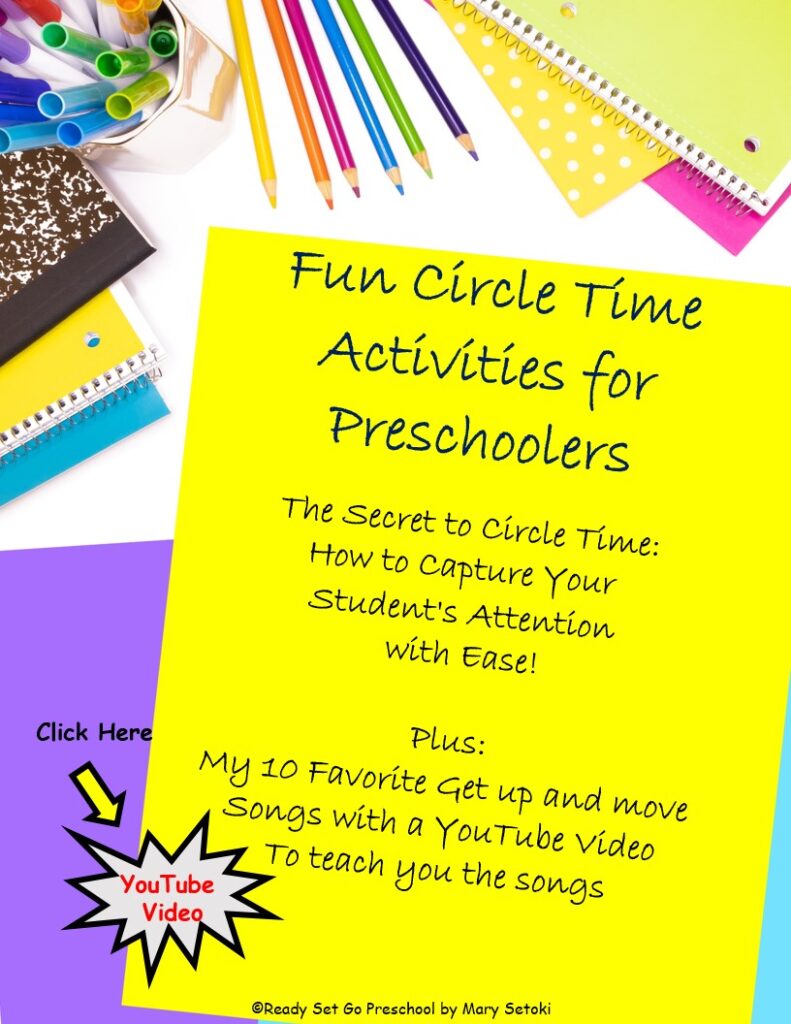
Ready Set Go Preschool
By Mary Setoki
Be your best Teacher self at school, and your best home self at home!
Subscribe to my email for teacher tips, lesson ideas, freebie resources, discounted resources, and life lessons that have helped me to live a more balanced life. (And grab your free resource, “Fun Circle Time Activities for Preschoolers” plus My 10 Favorite Get up and move Songs.
